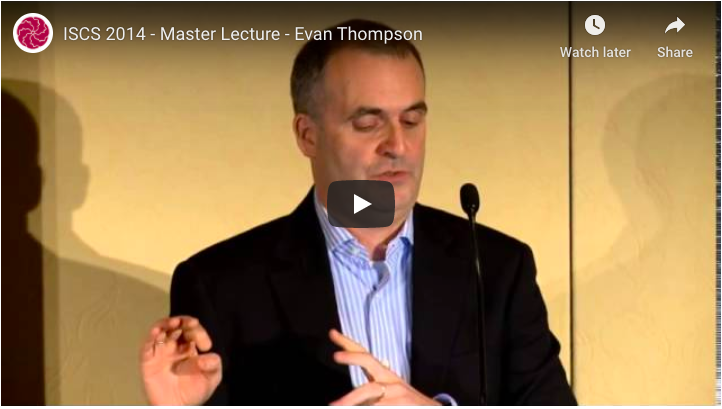One of the major debates in classical Indian philosophy concerned whether consciousness is present in dreamless sleep. Advaita Vedanta, Buddhism, and Sankhya-Yoga argued that consciousness is present in dreamless sleep, whereas Nyaya denies this. Consideration of this debate, especially the reasoning Advaita Vedanta used to rebut the Nyaya view, calls into question the standard neuroscience way of operationally defining consciousness as “that which disappears in dreamless sleep and reappears when we wake up or dream.” The Indian debate also offers new resources for contemporary philosophy of mind. At the same time, findings from cognitive neuroscience have important implications for the Indian debates about cognition during sleep, as well as for Indian and Western philosophical discussions of the self and its relationship to the body. Finally, considerations about sleep drawn from Advaita Vedanta, as well as the Yoga school and Indo-Tibetan Buddhist philosophy, suggest new experimental questions and protocols for the neurophenomenology of sleep and consciousness.

Evan Thompson, PhD
University of British Columbia
Convening Faculty, Fellow, Grantee, Reviewer
Evan Thompson is a writer and Professor of Philosophy at the University of British Columbia, where he is also an Associate Member of the Department of Asian Studies and the … MORE


